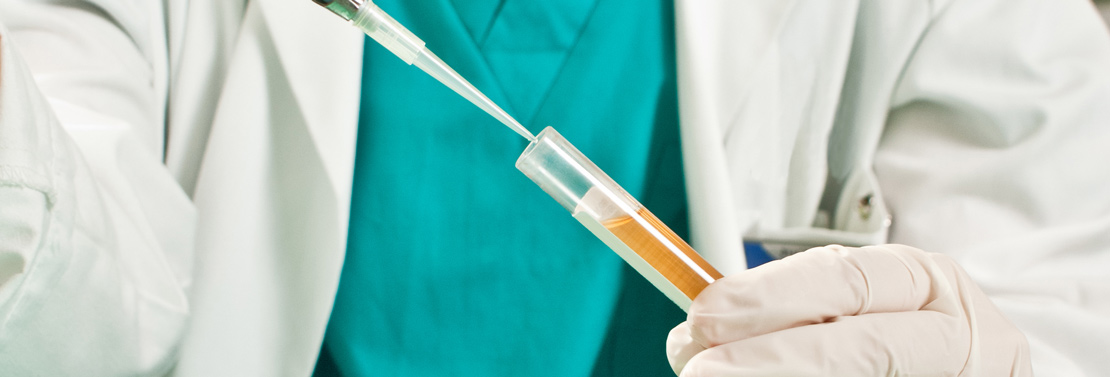Handling Considerations

Universal precautions apply to all specimens of blood, serum, plasma, blood products, vaginal secretions, semen, cerebro-spinal fluid, synovial fluid, pleural fluid, peritoneal fluid, pericardial fluid, amniotic fluid, and concentrated HIV or HBV viruses. Any specimen of any type which contains visible traces of blood should be handled using Universal Precautions.
- Serum/plasma should always be kept covered to minimize evaporation and contamination.
- Many tests require specific handling and storage of the specimen. See the Express Lab Test Directory for requirements for tests to be run.
- The specimen should be refrigerated at 2-8ºC as soon as possible after centrifugation. If test requires the sample to be frozen, centrifugation, separation and pickup should take place as soon as possible after collection.
- Avoid unnecessary specimen agitation. Hemolysis will occur when the specimen is unnecessarily agitated or, when drawn with a syringe, the blood is pulled too quickly into the syringe. Specimens which are grossly hemolyzed are unacceptable for most procedures and will be rejected at the discretion of the laboratory technologist.
- Avoid specimen exposure to light. Certain analytes (bilirubin, Vit B1, Vit B3, Vit B6, Vit B12, etc.) break down when exposed to light.
- Adhere to specimen time constraints. Timing is critical in most chemistry and hematology procedures.
 Serum Preparation
Serum Preparation
Serum is the intracellular fluid in blood without the clotting factors. Serum is the specimen of choice for many tests because clotting factors can interfere with certain chemistry procedures.
Serum is obtained by centrifuging clotted blood. This means that whole blood specimens must be allowed to fully clot before the centrifugation process or a fibrin clot will form in the serum, resulting in a loss of total serum volume.
Serum should be separated from the red cells by either a gel barrier or by pipetting off the serum into a separate tube.
Plasma Preparation
Plasma is the intracellular fluid in blood containing inactivated clotting factors. Plasma is prepared by centrifuging anti-coagulated whole blood from either an EDTA tube or a heparin tube. The centrifugation process can take place immediately, thus making plasma ideal for STAT procedures, when available/possible.